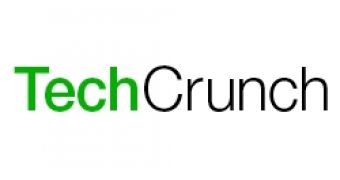TechCrunch's 2009 Crunchies award website is currently blacklisted by Google for trying to install malicious software on visitors' computers, but there is reason to believe that the infection was more extensive.
TechCrunch is one of the most popular technology blogs and over time has evolved into a network of websites operating by the same company, which also organizes tech conferences and award events.
The network, which gets close to ten million unique visitors every month, has just been acquired by AOL for an undisclosed sum, estimated to be between 25 and 40 million dollars.
The Crunchies is an event where companies are awarded for the best technology accomplishments during the course of a year.
People searching for information about the last edition, will get crunchies2009.techcrunch.com as one of the top results, a page that is currently marked with "This site may harm your computer."
The website has been blacklisted for suspicious activity in Google Safe Browsing, a service that is also integrated in Firefox and Google Chrome.
"Of the 13 pages we tested on the site over the past 90 days, 1 page(s) resulted in malicious software being downloaded and installed without user consent.
"The last time Google visited this site was on 2010-09-28, and the last time suspicious content was found on this site was on 2010-09-28," the diagnostic page for crunchies2009.techcrunch.com reads.
Checking the Goolge Safe Browsing page for rrezrel.co.cc, the third-party domain where malicious software was served from, reveals that it also infected techcrunchit.com sometime during the past 90 days.
Earlier this month we reported that malicious code was injected into multiple TechCrunch network websites, including TechCrunch Europe, MobileCrunch and CrunchGear.
The rrezrel.co.cc infection on crunchies2009.techcrunch.com and techcrunchit.com, might be an the result of an entirely new attack or a leftover from the previous one.
"I can only imagine the devastating effect this roadblock has on natural search traffic, especially for sites that directly depend on traffic or transactions for their livelihood.
"I'm confident that TechCrunch will fix this problem shortly," said Tim Callan, product marketing executive of VeriSign's SSL business, now owned by Symantec.

 14 DAY TRIAL //
14 DAY TRIAL //